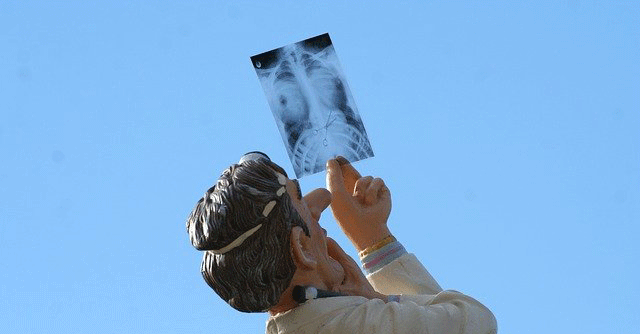
IIT Kanpur to work on bone regeneration technology with Ortho Regenics


IIT Kanpur has transferred a bone regeneration technology — which would act as a carrier for bioactive molecules to help in bone regeneration — to healthcare company Ortho Regenics, according to an issued statement.
Ortho Regenics is a start-up of IIT Kanpur faculty which designs and fabricate biodegradable materials for the manufacturing implants and the orthopedics applications.
The technology licensing agreement was formally signed between IIT Kanpur and Ortho Regenics on 28 March. It has been licensed with an objective to overcome the problems related to bone and joint disorders, capable of biocompatible bone regeneration, the statement said.

Titled “Nano-Hydroxyapatite based porous polymer composite scaffolds for bioactive molecule delivery in musculoskeletal regeneration,” the technology has been developed by Prof. Ashok Kumar and Arun Kumar Teotia from the Department of Biological Sciences and Bioengineering at IIT Kanpur.
“Healthcare is a sector that is inherently associated with the growth of technology. We have been striving to bring both the disciplines closer to scale new highs in healthcare innovation and development,” said Prof. Abhay Karandikar, Director, IIT Kanpur.
It “would bring a paradigm shift in bone regeneration in humans and would be a boon for the ones suffering bone or joint disorders,” Karandikar added.

According to the statement, the invention can act as a carrier for bone active biomolecules, delivering them directly at the implant site. The novel material is biodegradable and has osteoinductive (bone healing process) and osteopromotive (material for new bone growth) properties for bone regeneration. They are highly biocompatible resulting in good cell material interaction with osteoblast cells (cells responsible for mineralisation of bone during bone formation and bone remodelling), exhibiting a high mechanical strength and interaction between the polymer network and the solvent.
These functionalised porous composite scaffolds can be used as fillers in large size bone defects, without compromising the connectivity and structural defects, oxygen and blood circulation thereby enhancing tissue formation, mineralisation, and rapid defect healing. It can also be used as bone substitute, overcoming autograft (the transplantation of tissue from one location to another in the same individual) limitations.
Although there are several existing remedies for bone regeneration, they usually pose the risk of infection and immune-related complications. This technology provides a collagen-nano-hydroxyapatite composite macroporous gel, which is a potential approach for reconstruction of irregular bone defects and dental applications as well. Hence, the primary objective of this invention is to overcome the drawbacks of alternative remedies.

